© 2016 Your company
The Boys- how politicians and stars pretend to be superheroes
What would happen if superheroes lived among us? This question is raised by the series "Patsany" - amazing, bright and unabated for 4 seasons already. It tells about an alternative universe, where "Supers" exist and live in the ordinary world since about 60s. In this case, they are in charge of the organisation "Vought", which has made superheroes something like celebrity stars, movies are made about them, theme parks are built and festivals are held, and the main stars are Seven.
The only catch is that because of all this stuff, the real job of a superhero is not to save the world, but to make films. This series is a deconstruction of the superhero genre and the epitome of the "Fear Superman" trope, it's a black comedy that pokes fun at both flawed superheroes and the people who allow them to be.
The only catch is that because of all this stuff, the real job of a superhero is not to save the world, but to make films. This series is a deconstruction of the superhero genre and the epitome of the "Fear Superman" trope, it's a black comedy that pokes fun at both flawed superheroes and the people who allow them to be.
"Supers" is the embodiment of everything bad that can be in a man corrupted by fame with a psychopathic Homelander at the head, and the series itself essentially shows the underside of show business, tells us how marketing works, and denounces propaganda.
So I think it's very important to understand what messages the show has left us with, and how we should interpret this or that situation in the lives of the Supers and the Patsaks, a small group of guys without superpowers who were the first to sound the alarm about the impunity of super-humans. In terms of storytelling and meta-messages, there's a lot to explore here. So make yourselves comfortable and let's decode it.
So I think it's very important to understand what messages the show has left us with, and how we should interpret this or that situation in the lives of the Supers and the Patsaks, a small group of guys without superpowers who were the first to sound the alarm about the impunity of super-humans. In terms of storytelling and meta-messages, there's a lot to explore here. So make yourselves comfortable and let's decode it.
The supers: who's who
First, let's break down which Super from "The Guys" is inspired by which superhero from previous franchises on the subject. The best part is that "The Dudes" was also first a comic book, like most superhero worlds!
The Seven are clearly modelled on the Justice League, with most of their members being obvious knockoffs of the most famous members of the League. The Justice League is often based in the Watchtower, which depending on adaptations can be a real tower, a space station, or a moon base. This way they have a safe place from which the Surergeoi can watch for problems they need to intervene in. Seven is based on the top floor of Vaught Tower, and while the tower also houses the criminal analytics department, Seven rarely goes down there in person. In any case, working and living in the Tower emphasises how out of touch the Supes are with the people they are supposedly meant to protect.

Homelander is both Superman and Captain America. He is the face of the American Nation, his image and supposed backstory tailored to appeal to the audience.
The problem is that as a lab-grown superhuman with no real family ties or other things to bind him to morality, and a man who has literally been indoctrinated to be better than others, he has a huge but very fragile ego. Because of it, he loses his temper very quickly and regularly has to restrain himself from killing people who annoy him.
The Homelander is a ticking time bomb. He is essentially what would have happened if Superman had not been raised by loving parents who instilled in him a love of humanity. His sociopathy is born out of the fact that he didn't have a loving upbringing, he was raised in a lab.
The problem is that as a lab-grown superhuman with no real family ties or other things to bind him to morality, and a man who has literally been indoctrinated to be better than others, he has a huge but very fragile ego. Because of it, he loses his temper very quickly and regularly has to restrain himself from killing people who annoy him.
The Homelander is a ticking time bomb. He is essentially what would have happened if Superman had not been raised by loving parents who instilled in him a love of humanity. His sociopathy is born out of the fact that he didn't have a loving upbringing, he was raised in a lab.
And that's what makes him so fixated on breast milk - he wants to feel the warmth he was deprived of. His recurring catchphrase: "You're the real heroes."
Queen Mave - Queen Mave is Wonder Woman, as her costume (albeit with a Celtic rather than Greco-Roman theme) immediately tells us, though she can't fly. Maeve really wanted to save the world, but ended up turning into an apathetic, passive and disillusioned woman after being in Wout for a while.
Although the appearance of Starlight and everything going on in the show made her wake up.
Maeve and Starlight are the only Wout supers whose moral compass is still up and running.
Queen Mave - Queen Mave is Wonder Woman, as her costume (albeit with a Celtic rather than Greco-Roman theme) immediately tells us, though she can't fly. Maeve really wanted to save the world, but ended up turning into an apathetic, passive and disillusioned woman after being in Wout for a while.
Although the appearance of Starlight and everything going on in the show made her wake up.
Maeve and Starlight are the only Wout supers whose moral compass is still up and running.
Starlight is a mixture of Supergirl and Carol Danvers. Her main ability is light blasts, but she also has super strength enough to beat large ordinary men unconscious and can withstand two shots from a .50 calibre rifle to the chest with only moderate discomfort.
She is the kindest, most genuinely heroic character on the show who wants to save the world, despite having to deal with a lot of expectations, constant contests, and her mother's inflated demands as a child.
From the moment she appears in Seven, she is forced to give up many of her ideals, and joins the vigilante Boys to help them take down the Homelander and change Wout and, subsequently, the world.
She is the kindest, most genuinely heroic character on the show who wants to save the world, despite having to deal with a lot of expectations, constant contests, and her mother's inflated demands as a child.
From the moment she appears in Seven, she is forced to give up many of her ideals, and joins the vigilante Boys to help them take down the Homelander and change Wout and, subsequently, the world.
A-Train - A-Train is Flash, the fastest man on earth. He is one of the most amoral characters in this world - he abuses drugs for the Soups - component V, kills people without remorse and is willing to do anything to stay in the Seven.
Things change, though, when Powder invalidates his brother and head coach, and in Season 4, Train A becomes much more conscientious and aware, and even helps Starlight and the Fellas. Something about this makes me think he won't be around much longer, though.
Underwater (or The Deep) - The Deep is, of course, Aquaman. And he has perhaps the most unpleasant but most interesting arc of the entire Seven.
He is initially presented to us as an amoral type, prone to harassment, and abusing Starlight.
Things change, though, when Powder invalidates his brother and head coach, and in Season 4, Train A becomes much more conscientious and aware, and even helps Starlight and the Fellas. Something about this makes me think he won't be around much longer, though.
Underwater (or The Deep) - The Deep is, of course, Aquaman. And he has perhaps the most unpleasant but most interesting arc of the entire Seven.
He is initially presented to us as an amoral type, prone to harassment, and abusing Starlight.
But he goes on to reveal an unexpected side, showing his genuine love for all sea creatures, although every time he tries to promote the subject he is rebuffed (he wants to "shine a light" on the questionable treatment of animals at Oceanland, but is told to just go along with the ad campaign he was signed up for).
Everyone thinks he's completely useless, and when the question comes up of whether to bring him or Train A back to the Seven, he's turned down, despite his best efforts. Accordingly, Underwater's arc is a matter of transgression and redemption. Yes, he has done a bad thing. But how many more terrible things must happen to him before he is forgiven?
Simply put, if someone deserves karmic punishment for an offence, how much punishment must he suffer before it becomes excessive? Is it really karmic punishment or is it already just violence against him?
Everyone thinks he's completely useless, and when the question comes up of whether to bring him or Train A back to the Seven, he's turned down, despite his best efforts. Accordingly, Underwater's arc is a matter of transgression and redemption. Yes, he has done a bad thing. But how many more terrible things must happen to him before he is forgiven?
Simply put, if someone deserves karmic punishment for an offence, how much punishment must he suffer before it becomes excessive? Is it really karmic punishment or is it already just violence against him?
Black Noir is a replica of Batman. Dressed in all black, good with knives in close combat, does not talk, mysterious. But unlike Batman, he's a ruthless killer who enjoys covering up the atrocities of the Homelander.
Like Batman, he has no special distinctive abilities other than exceptional strength (something Bruce Wayne doesn't have). This fact only distances Noir from the entire Seven.
Interestingly, noir is "black" in French, so his name can be translated as "black black". And why he's always wearing a mask, we'll find out in season three.
Stormfront (or Thunderstorm) is also a very interesting character with an unusual arch. She is similar to Storm from X-Men, who can control the weather. But the one is an African princess, while Stormfront is a Nazi who throws lightning bolts.
In fact, she was the first superheroine, as she was created by her husband, Frederick Vought, during World War II, which also brings her closer to Captain America. Wout founded a superhero company, working for the Third Reich before defecting to the Allies. Thus, Homelander's powers are based on Stormfront's, and this explains their similarities and chemistry between them.
Stormfront starts off as a witty feminist, and then it turns out that her views are extremely nationalistic, and she wants to fight for the purity of the nation, quite like Hitler. Essentially, she seems to be a demonstration of how corporate interests distort feminist ideas to empower disreputable individuals and then use the feminist angle as a shield against criticism.
In fact, she was the first superheroine, as she was created by her husband, Frederick Vought, during World War II, which also brings her closer to Captain America. Wout founded a superhero company, working for the Third Reich before defecting to the Allies. Thus, Homelander's powers are based on Stormfront's, and this explains their similarities and chemistry between them.
Stormfront starts off as a witty feminist, and then it turns out that her views are extremely nationalistic, and she wants to fight for the purity of the nation, quite like Hitler. Essentially, she seems to be a demonstration of how corporate interests distort feminist ideas to empower disreputable individuals and then use the feminist angle as a shield against criticism.

Soldierboy is the apparent doppelganger of Captain America, a World War II soldier with powers. While Steve Rogers is humble and polite, earning the admiration of fellow superheroes and becoming the Greater Good in his universe, Soldierboy flaunts his status and ends up becoming so arrogant that he insults and alienates all of his comrades. And what's particularly funny is that his costume is exactly like the Hydra from Marvel.
Soldierboy also looks just like the Winter Soldier, a dark-haired World War II hero (or at least he thinks he is) captured by the Soviets, tortured and experimented on, abandoned by his country.
Like Homelander, Soldier Boy shatters the superhero American myth. He is a product of his time and has outdated views on gender, race, masculinity, and homosexuality, resulting in him being a bigoted jerk. Soldierboy has existed since before World War II and has the mindset of someone who lived through the Great Depression and the Cold War. However, instead of embodying the virtues of that era, Ben represents a deliberate value dissonance: he is insanely toxic to those he works with, has sexist opinions about women, is dismissive of the LGBT community, insults the mentally ill, hates any display of emotion and vulnerability, and shows contempt for those who prefer diplomacy to violence.
In short, while most of these "living relics" make people long for the so-called "good old days," Soldier shows exactly why such views have been left behind.
In short, while most of these "living relics" make people long for the so-called "good old days," Soldier shows exactly why such views have been left behind.
Lantern Man is similar to Pyro from X-Men in that he can form, control, and magnify fire, but cannot create it (both use Zippo lighters as a flame source for their abilities, Pyro at the beginning of his story and Lantern Man at the end). This "super" allegedly came to Seven in much the same way Starlight did: he was ready to be a hero, do good and make his father proud, and when he accidentally killed Mallory's children, it left him with a lot of guilt. But he failed to grasp his moral compass like Starlight, turning into a selfish hedonist like the rest of the Supes.
The Crimson Countess is the Scarlet Witch, she has a costume and powers like Wanda. Wanda may stumble and make mistakes, but she wants to be good and help and protect people (most of the time).
In contrast, the Crimson Countess doesn't seem to particularly care about her actions or the people she harms.
The Boys
Wout is opposed by the Patsyans, a group of activists who all have some bad history from a dark and twisted past that the Supers are to blame for. And they're the embodiment of one of the series' main messages: aren't you yourself what you're fighting against? Because the Pats actually have a lot more in common with superheroes than they themselves would like to admit. This is especially evident when, in season 3, Butcher and Huey start injecting themselves with the V serum they like, and they absolutely become the same weapon they're fighting against.
Let's break them down as well: brutal Butcher, gentle Huey, family-oriented Marvin, refined Frenchie, and my favourite blond Kimiko, which is "super" in ability, of course, but a real "kid" in essence.
Billy Butcher is a very ambiguous anti-hero who is as much a danger to those around him as he is to the Homelander. Butcher is excessively violent and even treats his friends with insulting sarcasm and signs of toxic masculinity. Although he justifies his rage with what happened to Becca, it becomes clear that he has always been a violent man with problems who was just looking for an excuse to rampage. He may not be shown as horrible as Homelander or Stormfront, but he's clearly presented as a less sympathetic character than half of the Supes themselves, and not at all as noble as he thinks he is.
When he starts dying of cancer after taking temporary V in season 4, he becomes like Venom, or rather, the tumour makes Butcher this superhero.
When he starts dying of cancer after taking temporary V in season 4, he becomes like Venom, or rather, the tumour makes Butcher this superhero.
Huey is the main protagonist, through whose eyes we see what is happening (this is called Audience Surrogate). He is a very soulful and gentle guy, for which he often turns out to be the butt monkey, the monkey to beat up, on whom all the bumps fly.
But he is, in fact, the catalyst for the whole story - Starlight loves him, Butcher cares for him, and he's where the whole story begins.
Marvin Milk is the loving mind of the group to his family. There's a very cute moment in season two - when the Fellas go into hiding, he watches the TV series Stranger Things.
This characterises him a lot, as Stranger Things is a romantic women's TV series about love in the 18th century. A great way to characterise a character is to show what they are watching or reading, this technique is called a reference or allusion.
But he is, in fact, the catalyst for the whole story - Starlight loves him, Butcher cares for him, and he's where the whole story begins.
Marvin Milk is the loving mind of the group to his family. There's a very cute moment in season two - when the Fellas go into hiding, he watches the TV series Stranger Things.
This characterises him a lot, as Stranger Things is a romantic women's TV series about love in the 18th century. A great way to characterise a character is to show what they are watching or reading, this technique is called a reference or allusion.
Frenchy and Kimiko are probably my favourite characters in this series. Both are dangerous and violent, Frenchy is a drug dealer, a junkie, a gun dealer, Kimiko is a girl who was raised to be a brutal killer. But both have that sweet and important hidden depth that allows her to smile openly and him to call her mon coeur.
Students from Godulkin University still show up in season four - there's a spinoff, "Generation V," set between seasons 3 and 4 of "The Patsaks," and there the universe expands - we see an orphanage for baby supers who accidentally killed their parents, as well as a university where they're taught how to handle their powers.
Deciphering hidden symbols
"Patsany" is filled with hints and metaphors! In fact, every plot twist we can decipher and examine, decompose into hidden meanings that the creators have sewn up, and that denounce this or that side of the real you and me.
All superheroes are a satire on how celebrities and politicians use their power and influence to behave unethically and avoid consequences. And how important ratings are in their behaviour is no accident at all, I'm sure that's how it works - the higher your rating, the more likely you are to be listened to.
Robin's death at the hands of Train A is a blatant parallel to a hit-and-run.
All superheroes are a satire on how celebrities and politicians use their power and influence to behave unethically and avoid consequences. And how important ratings are in their behaviour is no accident at all, I'm sure that's how it works - the higher your rating, the more likely you are to be listened to.
Robin's death at the hands of Train A is a blatant parallel to a hit-and-run.
Starlight's disclosure of Underwater's sexual assault on her easily echoes the #MeToo movement.
The A-Train personifies sports celebrities, particularly fading sports champions who have a hard time staying afloat due to age. Showrunner Eric Kripke has even stated that his story was inspired by Lance Armstrong. His use of the drug V to win a promotional race is a reference to the countless stories of steroid abuse in professional sports.
The A-Train personifies sports celebrities, particularly fading sports champions who have a hard time staying afloat due to age. Showrunner Eric Kripke has even stated that his story was inspired by Lance Armstrong. His use of the drug V to win a promotional race is a reference to the countless stories of steroid abuse in professional sports.
Train A can't remember Huey for a long time, even though he runs into him several times already after he kills his girlfriend. This could be a reference to how ordinary people overestimate their celebrity visibility. Remember in Eminem's song "Stan" when the hero in his letters to the star had time to fight with him, make up with him, and then commit suicide, and the singer hadn't even had a chance to read his letters yet. It's the same here - celebrities don't have the time and desire to remember everyone they met on their way.
The situation on the plane in the comics was actually 9/11, happened before the events and affected Maeve very much, just like in the show.
The situation on the plane in the comics was actually 9/11, happened before the events and affected Maeve very much, just like in the show.
The fact that superheroes are not saving people 24/7, but working on their image, emphasises the marketing reality of our world. You can be as cool an expert as you want, but until you document it, no one will know about it. And the Supers, as compromised and corrupt characters as possible, end up focusing only on "showmanship", realising the other side of this issue: in advertising, it doesn't matter if what you say is true or not, people will believe what you say.
Also, if the Supes were actually saving people, and this was being filmed on cameras, it wouldn't look as cinematic. Everything is just like in life: the appetising dishes are actually moulages, the happy family from the car adverts are actors who don't know each other, and the public reaction to this or that event can also be carefully staged.
Also, if the Supes were actually saving people, and this was being filmed on cameras, it wouldn't look as cinematic. Everything is just like in life: the appetising dishes are actually moulages, the happy family from the car adverts are actors who don't know each other, and the public reaction to this or that event can also be carefully staged.
A great deal of satire aimed at the American right wing:
Stormfront and Homelander supporters are a collection of all the most unflattering stereotypes about the American right and Trump supporters. They are racists, nationalists and religious fanatics dressed in American flags and carrying "God, Guns and Homelander" placards. When Homelander announces that he will not apologise for being better than everyone else, his numbers among white Midwesterners skyrocket, which satirically reflects the support that "strong man" politicians receive from this group of people.
Homelander's public campaign to spin the events surrounding Soldier's appearance and accidental destruction in New York City is very reminiscent of the Trump administration's initial response to the burgeoning Covid-19 pandemic: Homelander tells people to keep going to public places like theatres and bars, that the situation will resolve itself quickly, and not to let fear rule their lives.
Stormfront and Homelander supporters are a collection of all the most unflattering stereotypes about the American right and Trump supporters. They are racists, nationalists and religious fanatics dressed in American flags and carrying "God, Guns and Homelander" placards. When Homelander announces that he will not apologise for being better than everyone else, his numbers among white Midwesterners skyrocket, which satirically reflects the support that "strong man" politicians receive from this group of people.
Homelander's public campaign to spin the events surrounding Soldier's appearance and accidental destruction in New York City is very reminiscent of the Trump administration's initial response to the burgeoning Covid-19 pandemic: Homelander tells people to keep going to public places like theatres and bars, that the situation will resolve itself quickly, and not to let fear rule their lives.
Stormfront's actions as Liberty in the 70s are clearly meant to allude to real-life cases of police brutality, and the fact that the families of her victims can't do anything about it.
Blue Hawk's attacks on black people while on patrol and the subsequent fallout from Vaught's attempts to control the situation for the sake of good PR is another clear reference to police brutality and the Black Lives Matter movement, made even more egregious by Blue Hawk's SWAT-inspired uniform. He even shouts "Supe Lives Matter," referring to BLM opponents using the phrase "Blue Lives Matter."
The firearms convention at which Powder speaks includes many of the unfavourable features of the firearms movement. These include selling guns to children and outright threats of violence against dissenters.
In season four, it is revealed that Homelander keeps a fridge full of breast milk next to his Compound V stash. Given that Vought is a workplace, this could be an allusion to the working conditions at game developer Activision Blizzard, where nursing female employees in 2022 claimed that, in addition to hundreds of incidents of sexual harassment, they had their breast milk stolen from the refrigerators where it was stored.
Blue Hawk's attacks on black people while on patrol and the subsequent fallout from Vaught's attempts to control the situation for the sake of good PR is another clear reference to police brutality and the Black Lives Matter movement, made even more egregious by Blue Hawk's SWAT-inspired uniform. He even shouts "Supe Lives Matter," referring to BLM opponents using the phrase "Blue Lives Matter."
The firearms convention at which Powder speaks includes many of the unfavourable features of the firearms movement. These include selling guns to children and outright threats of violence against dissenters.
In season four, it is revealed that Homelander keeps a fridge full of breast milk next to his Compound V stash. Given that Vought is a workplace, this could be an allusion to the working conditions at game developer Activision Blizzard, where nursing female employees in 2022 claimed that, in addition to hundreds of incidents of sexual harassment, they had their breast milk stolen from the refrigerators where it was stored.
We see several examples of fake relationships, with Underwater getting married to get his reputation back, and Homelander claiming them with Starlight to keep her even more in control. In show business as well - not all relationships we see are real, many have a very different, hidden agenda.
Also, I don't know how true it is, but it is said that many showbiz stars and politicians have perverted deviations in their intimate life - and we see this in the example of Herogasm Supers and other similar parties.
Also, I don't know how true it is, but it is said that many showbiz stars and politicians have perverted deviations in their intimate life - and we see this in the example of Herogasm Supers and other similar parties.
And my favourite: when the opposition turns out not to be an opposition at all, but simply an agreement with the authorities, and in the world of "Patsanov" this is personified by Newman. She has a meaningful name - it comes from a Latin word meaning "victor, conqueror," and in Spanish it means "victory."
Her surname Newman translates to "new man." This is fitting, as Stan Edgar adopted her from Red River and gave her a new identity. While she's no saint at all and incredibly dangerous, she's still far more stable than a Homelander or any of the Seven, and she doesn't mind working with the Boys when the situation calls for it. She also still genuinely loves Huey and Annie, and even after they found out about her powers and started fighting against her, she still genuinely wants their friendship back.
Her surname Newman translates to "new man." This is fitting, as Stan Edgar adopted her from Red River and gave her a new identity. While she's no saint at all and incredibly dangerous, she's still far more stable than a Homelander or any of the Seven, and she doesn't mind working with the Boys when the situation calls for it. She also still genuinely loves Huey and Annie, and even after they found out about her powers and started fighting against her, she still genuinely wants their friendship back.
The conspiracy theories that Fireworks spreads seem so absurd and baseless when you see them on the show that it's hard to imagine that a sane person could actually believe such a thing. However, we believe in conspiracy theories that someone has declared true, just as the inhabitants of this reality believe Fireworks.
What about propaganda on children's channels and the use of Ryan singing a song with his puppets that induces spying? Because that's how propaganda works - it gets into your mind even if you don't watch political shows, it slowly implants the right ideas into your brain through children's, entertainment and even cookery programmes.
What about propaganda on children's channels and the use of Ryan singing a song with his puppets that induces spying? Because that's how propaganda works - it gets into your mind even if you don't watch political shows, it slowly implants the right ideas into your brain through children's, entertainment and even cookery programmes.

In the end, The Boys is very much about our lives, where Annie doesn't want to bring her kid to because there are fires burning everywhere, there's a Big Bad Homelander that no one can tame, and then there's Ryan, the first born, not created, superhero who can either follow in his father's footsteps or go the opposite way, but either way, there's no avoiding the clash. That's why Becca tried so hard to raise him in love, to avoid the appearance of a second Homelander. We'll find out in the finale, and I'm sure Ryan will play a key role there.
Casting gag
Несколько раз мы можем увидеть камео создателей - в сериале появляются Билли Зейн и Тара Рид.
Отца Хьюи играет Саймон Пегг, который был моделью для Хьюи в оригинальном комиксе.
Ярую расистку и нацистку Штормфронт играет Айя Кэш, еврейская актриса.
Giancarlo Esposito plays the CEO of a shady enterprise whose secret wonder weapon is a drug of a certain blue colour. Where have we seen this before?
The series Patsyany was created to offer a new perspective on the familiar superhero genre by deconstructing and criticising it. Unlike traditional superheroes, often portrayed as blameless and moral, the characters in this show are amoral and corrupt, allowing viewers to consider them from a different perspective and question the idealisation of heroes.
In addition, the show makes heavy use of social satire to criticise aspects of modern society such as media manipulation, corporate greed and celebrity worship. The superheroes in "Patsany" serve as a metaphor for discussing real social problems, which makes the plot more meaningful and relevant.
In addition, the show makes heavy use of social satire to criticise aspects of modern society such as media manipulation, corporate greed and celebrity worship. The superheroes in "Patsany" serve as a metaphor for discussing real social problems, which makes the plot more meaningful and relevant.
In addition, "Patsany" strives not only to be intellectually stimulating, but also entertaining. An innovative approach to storytelling, dark humour and unexpected plot twists make the show exciting and interesting for viewers, which contributes to its popularity and sets it apart from traditional superhero stories.
